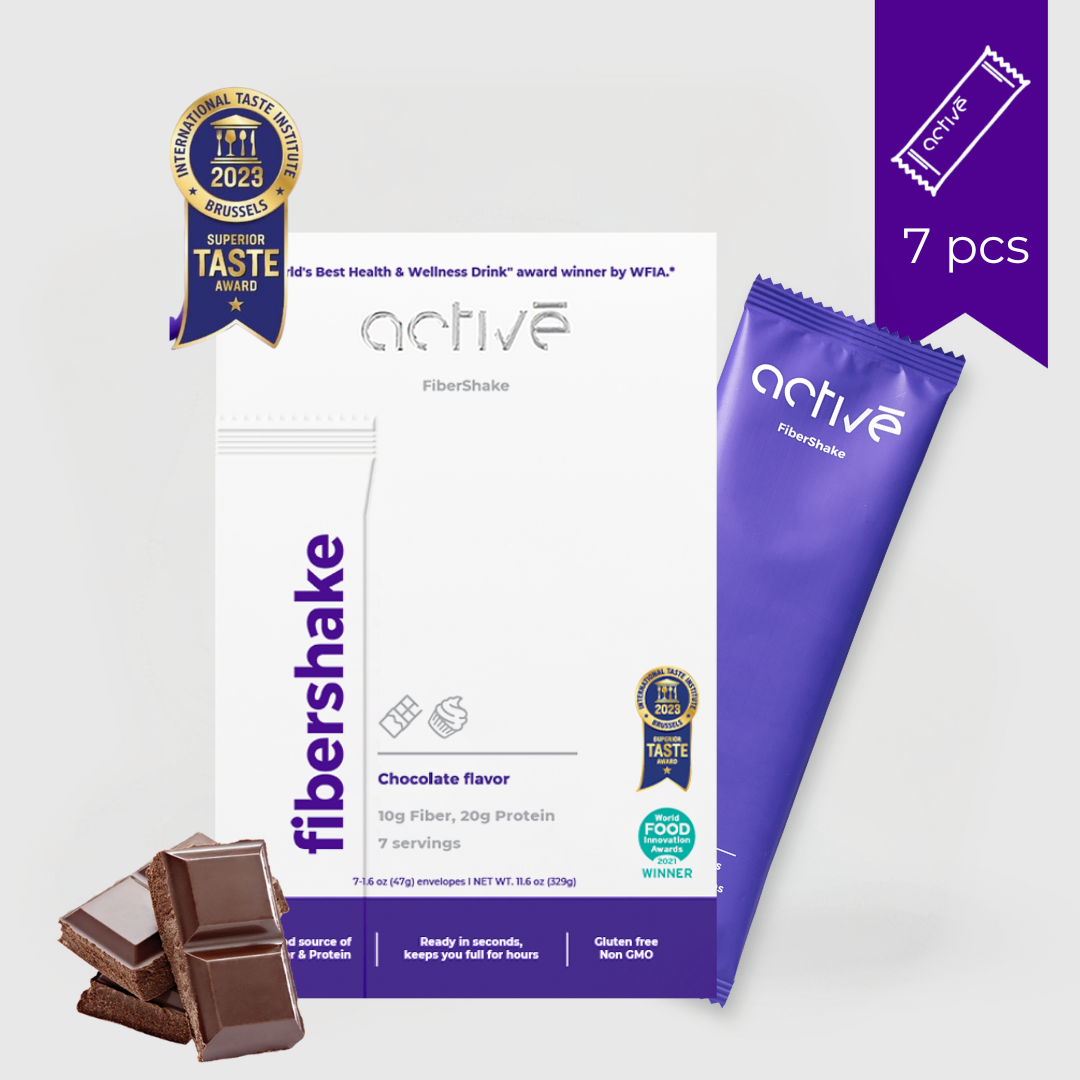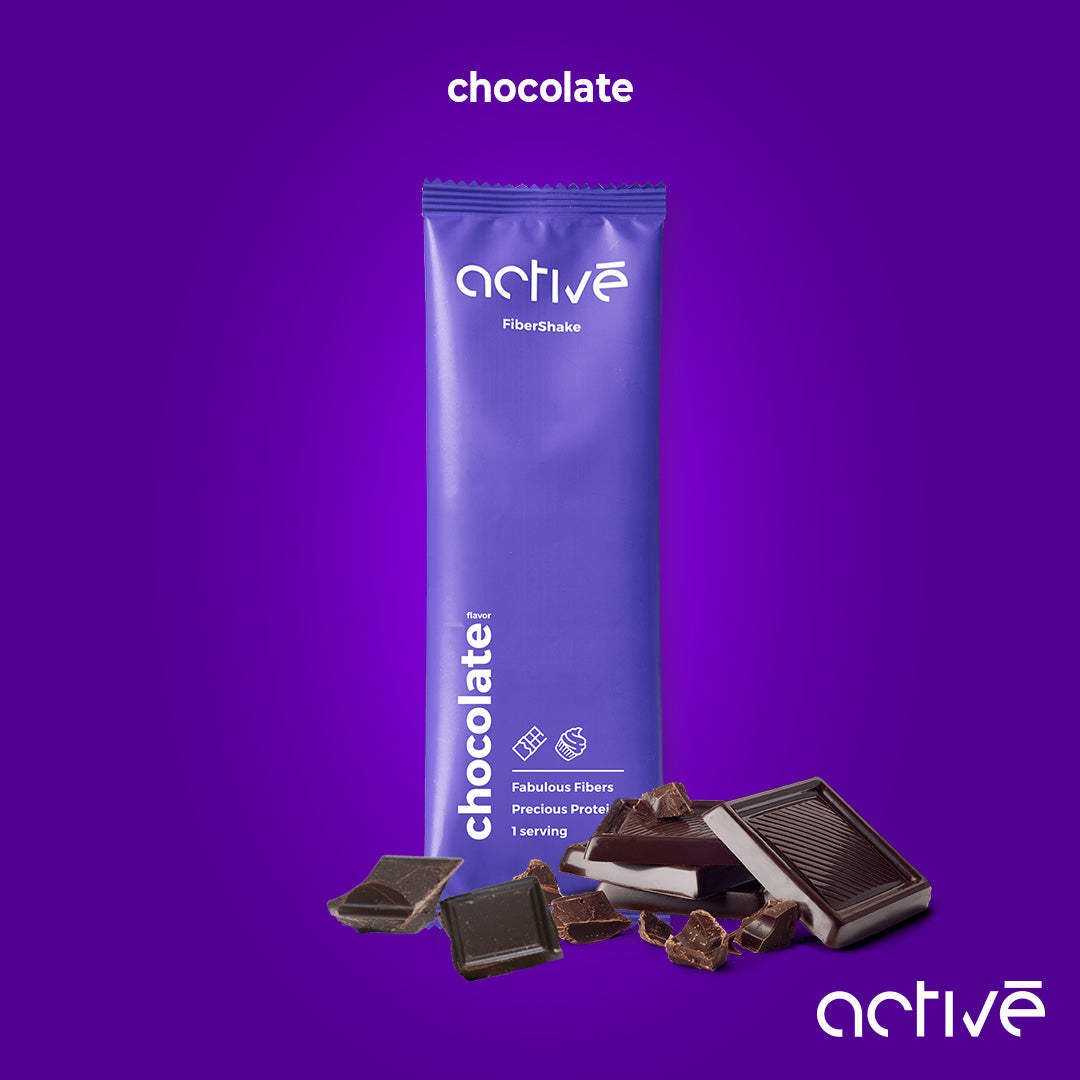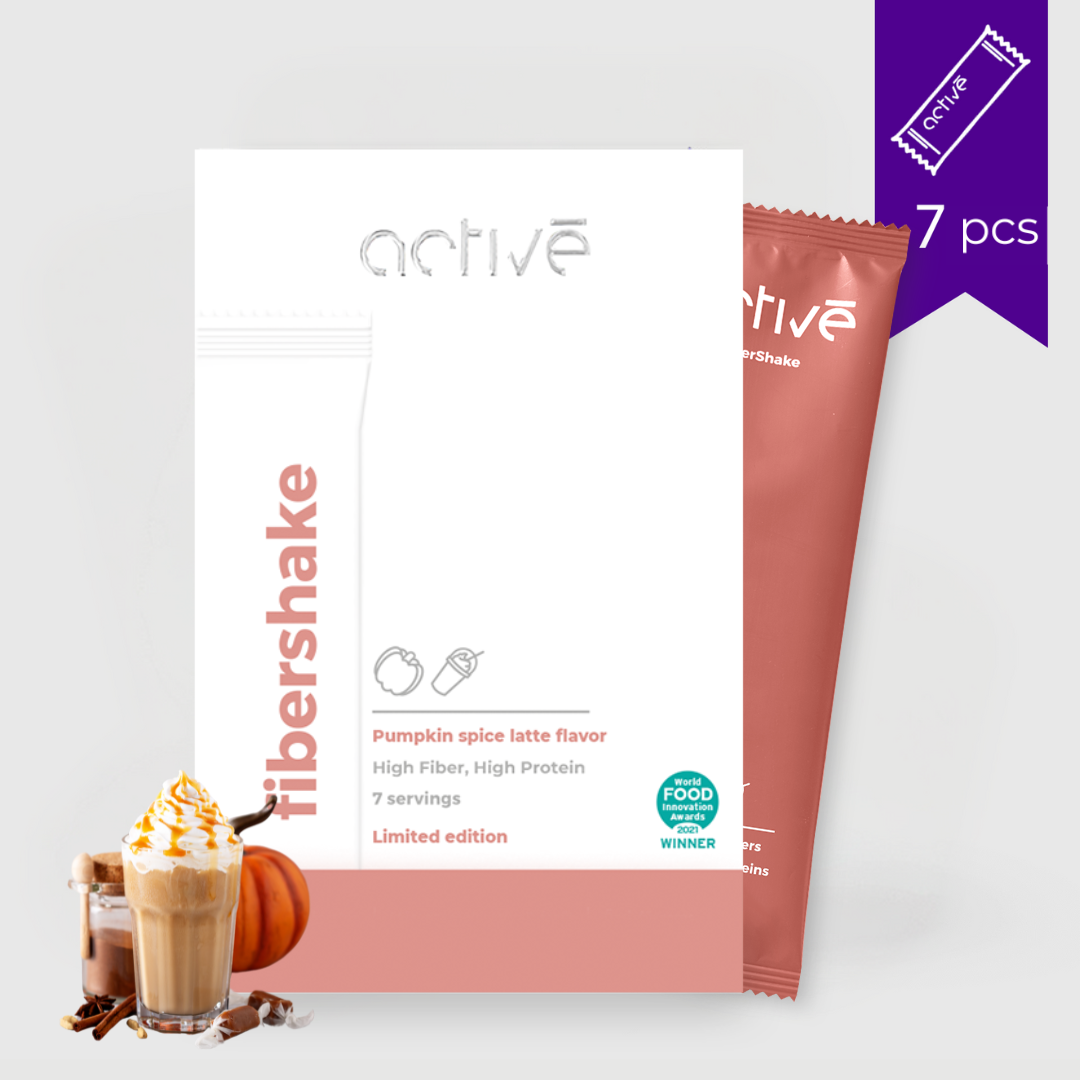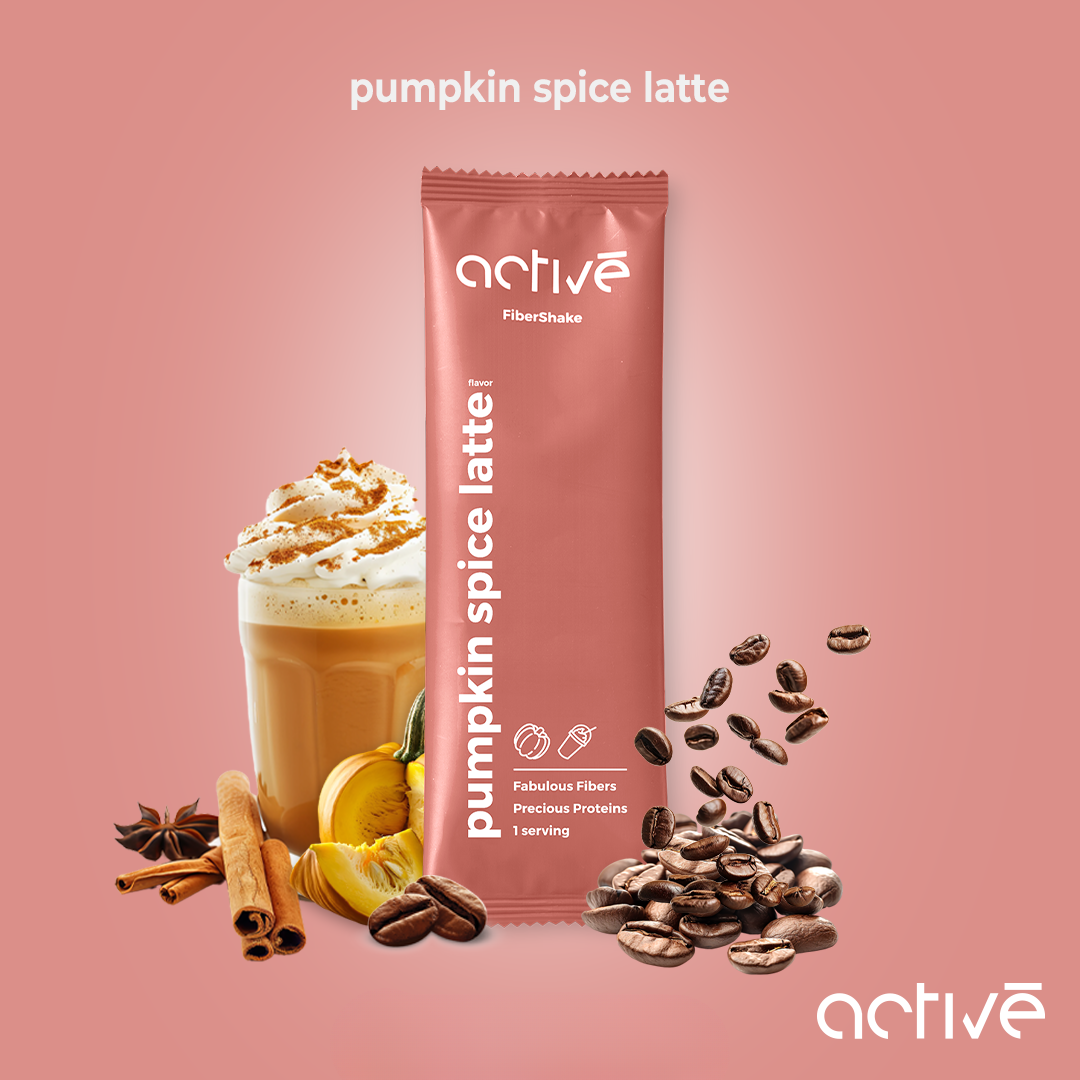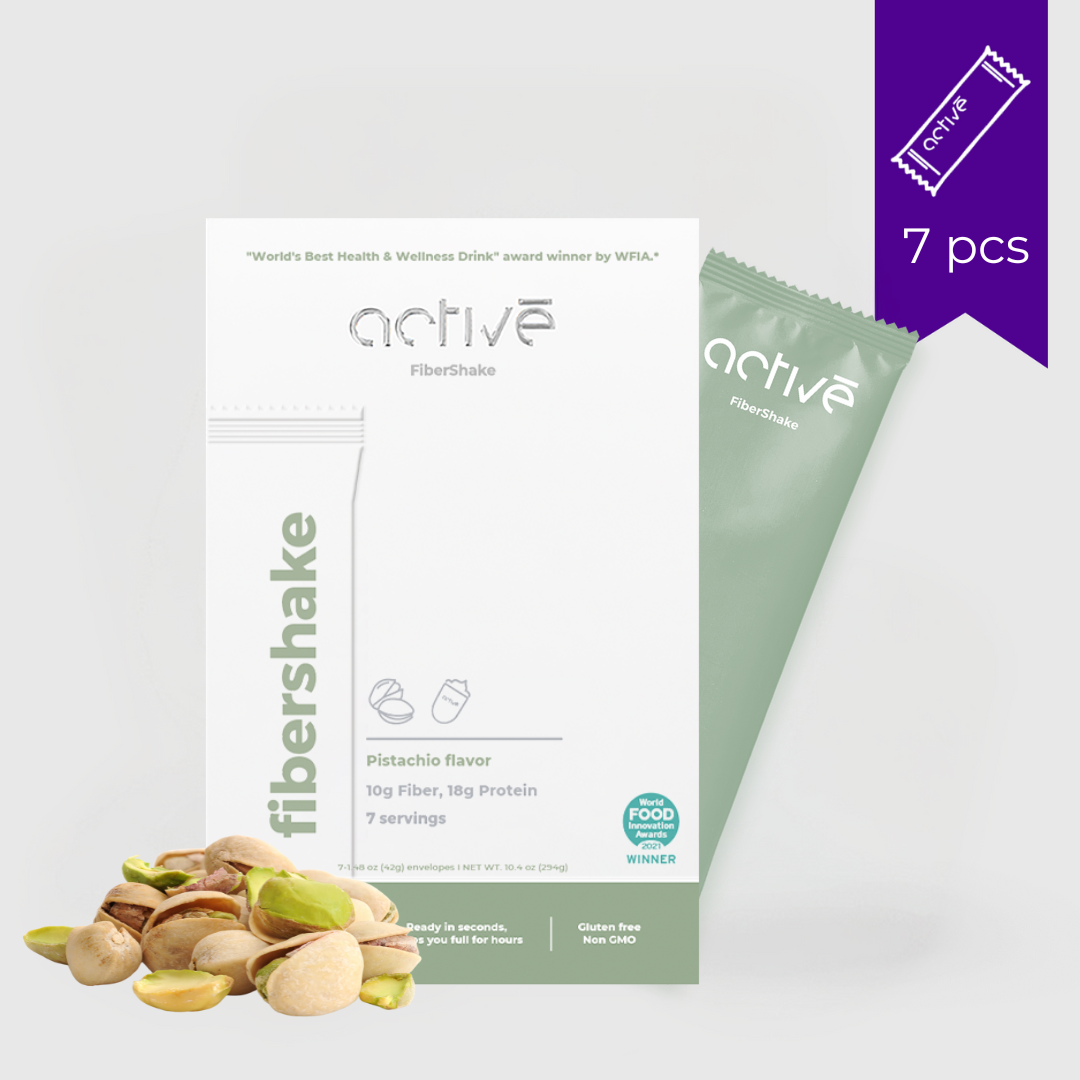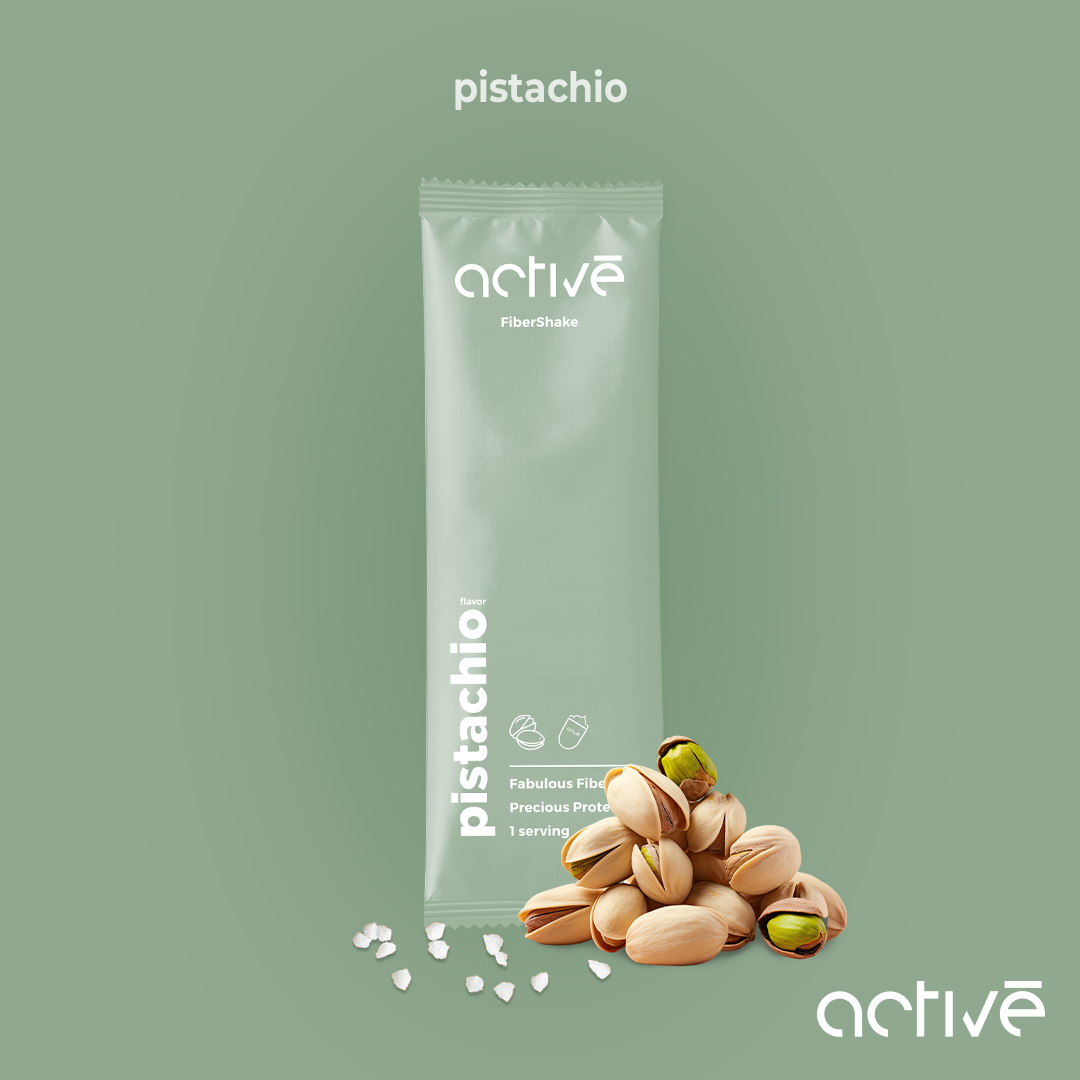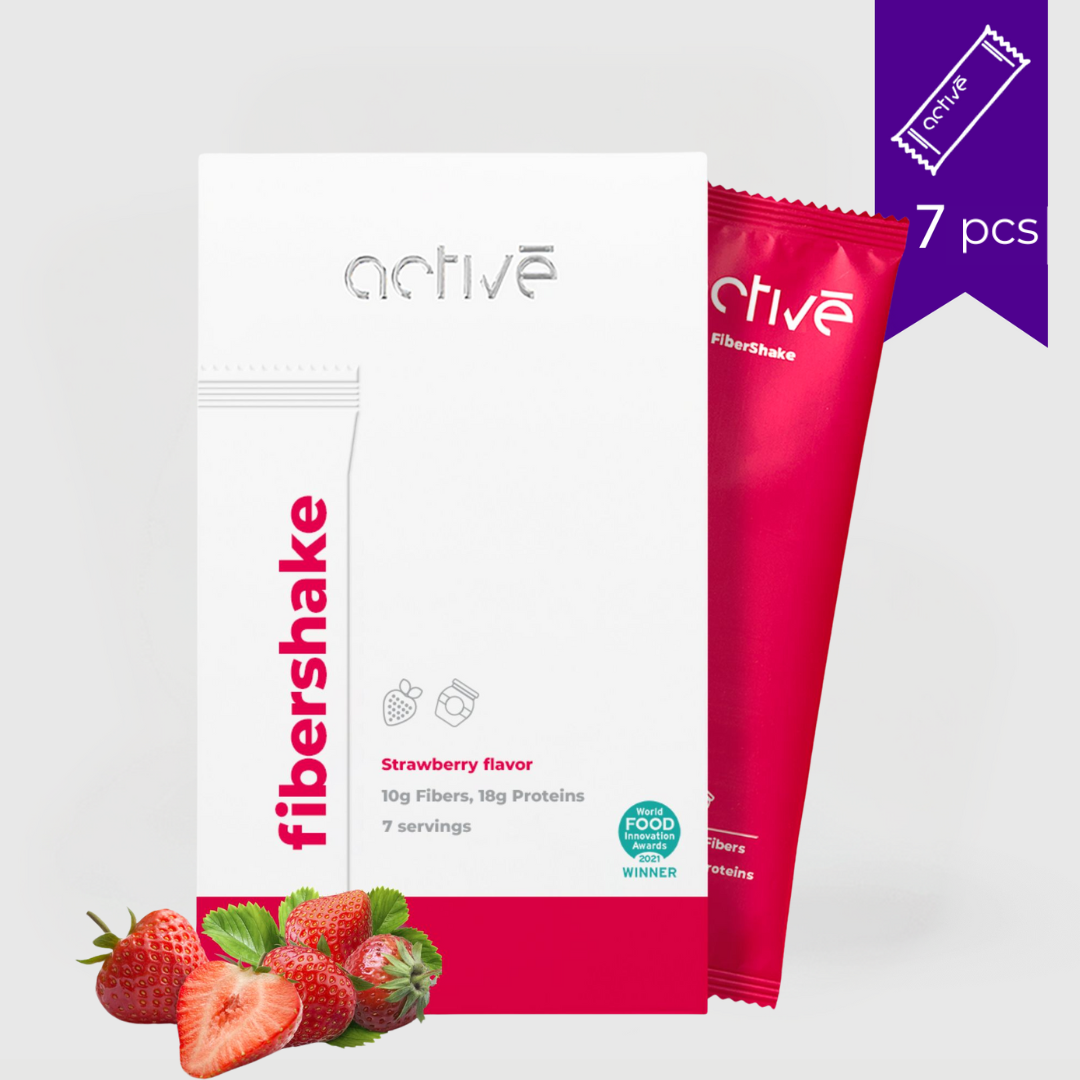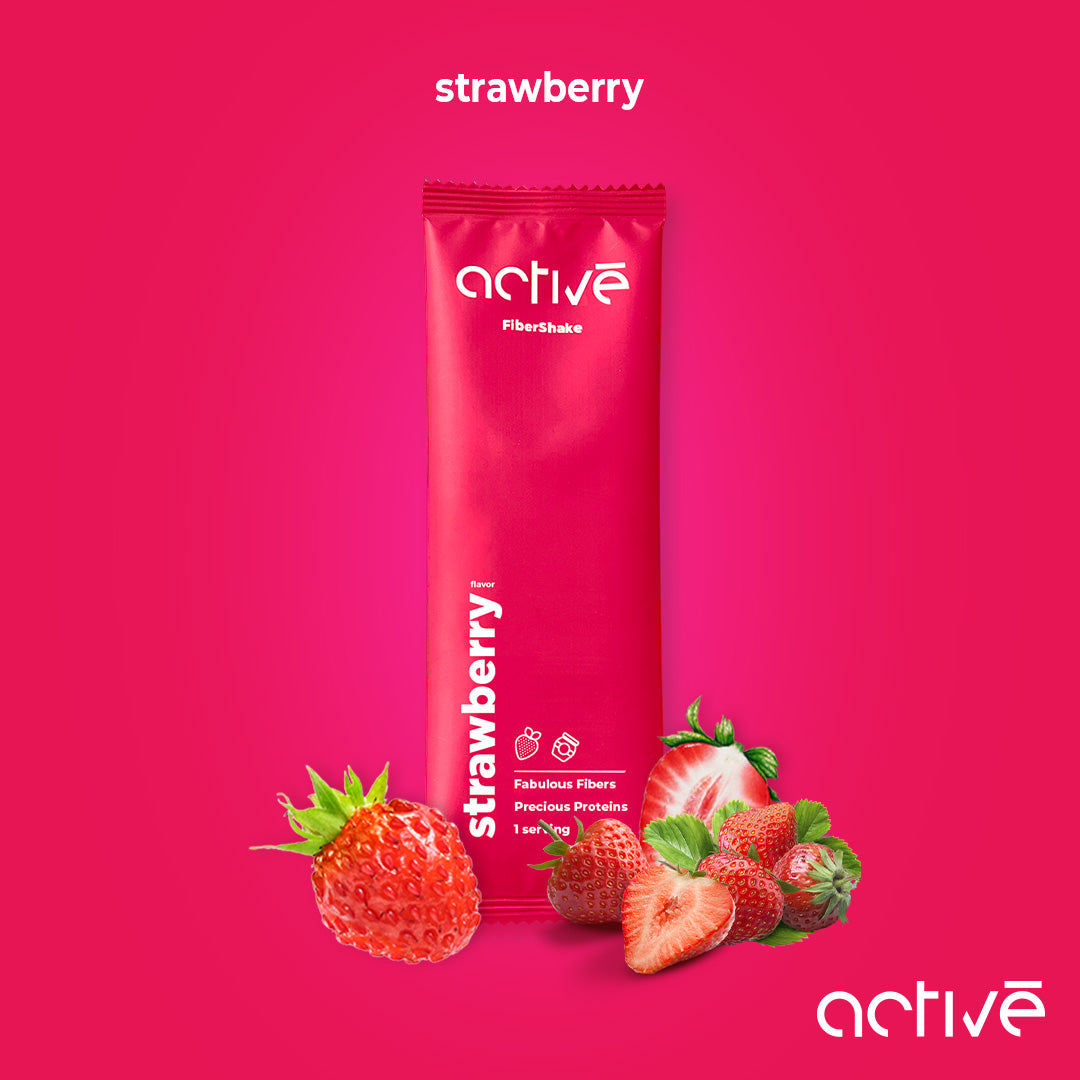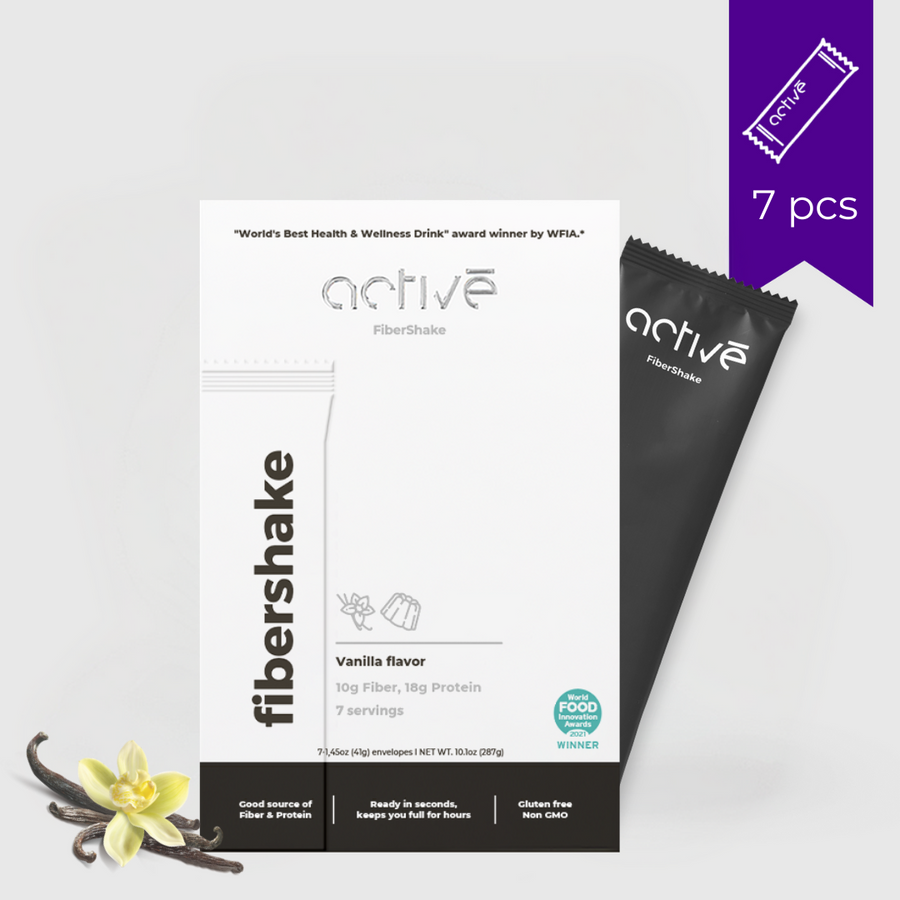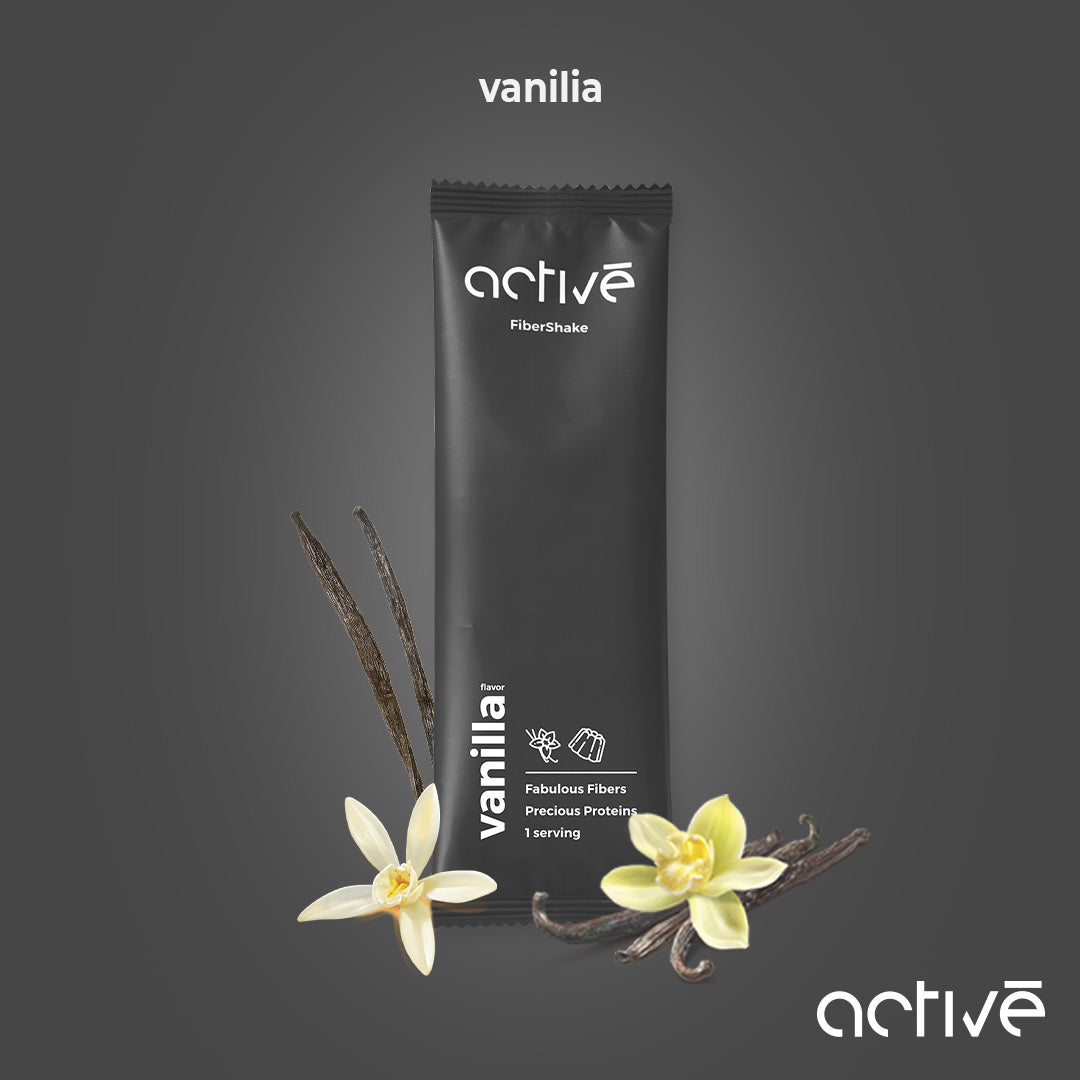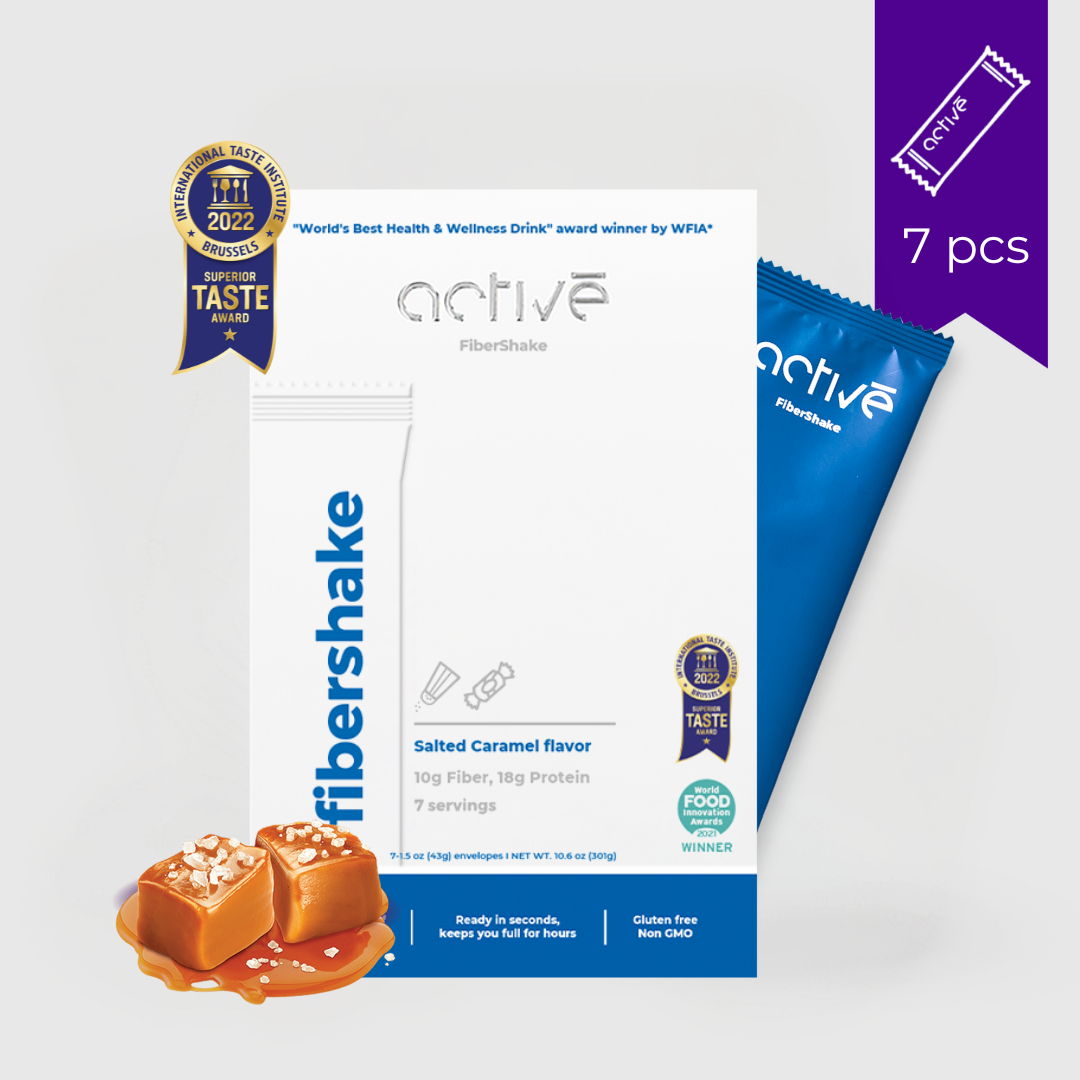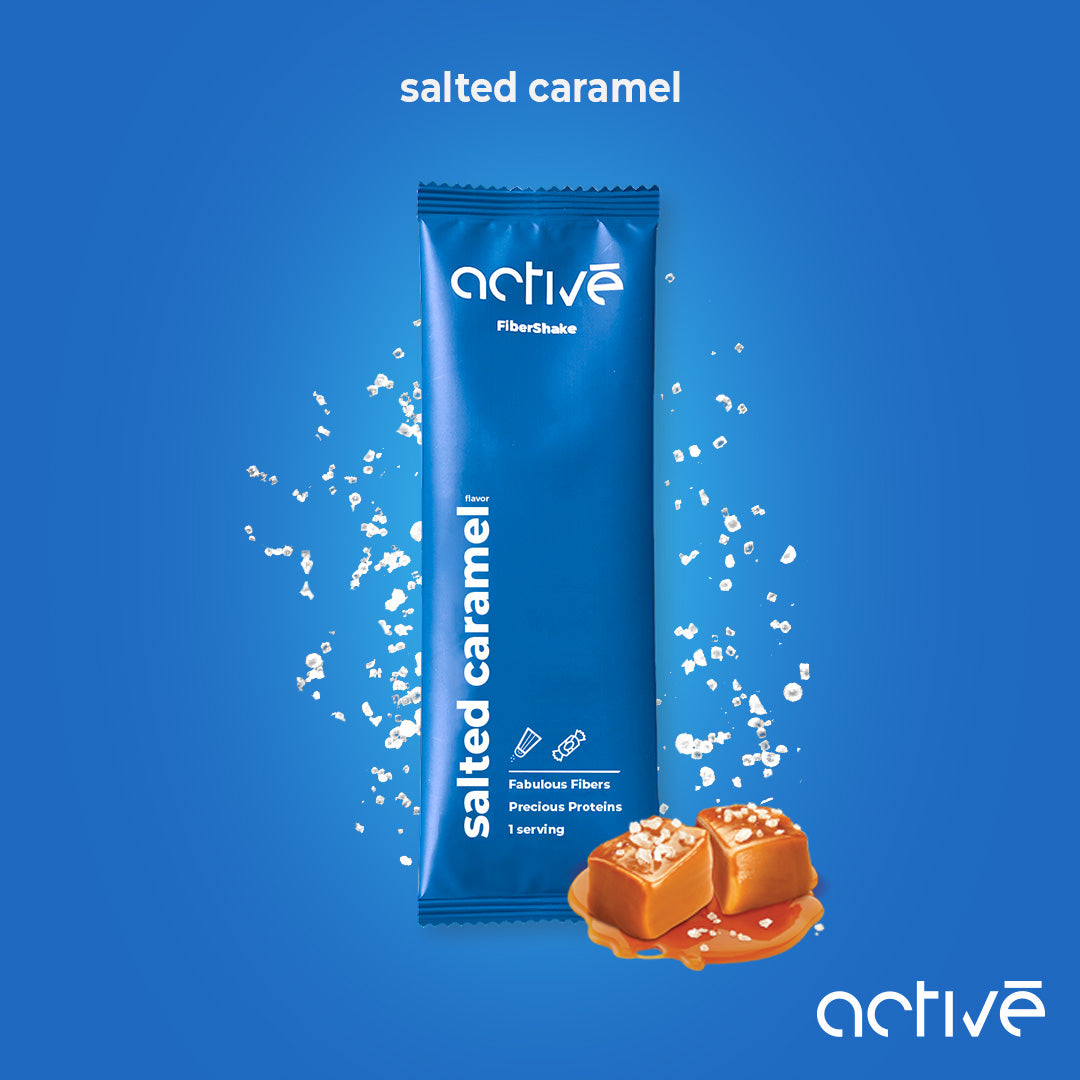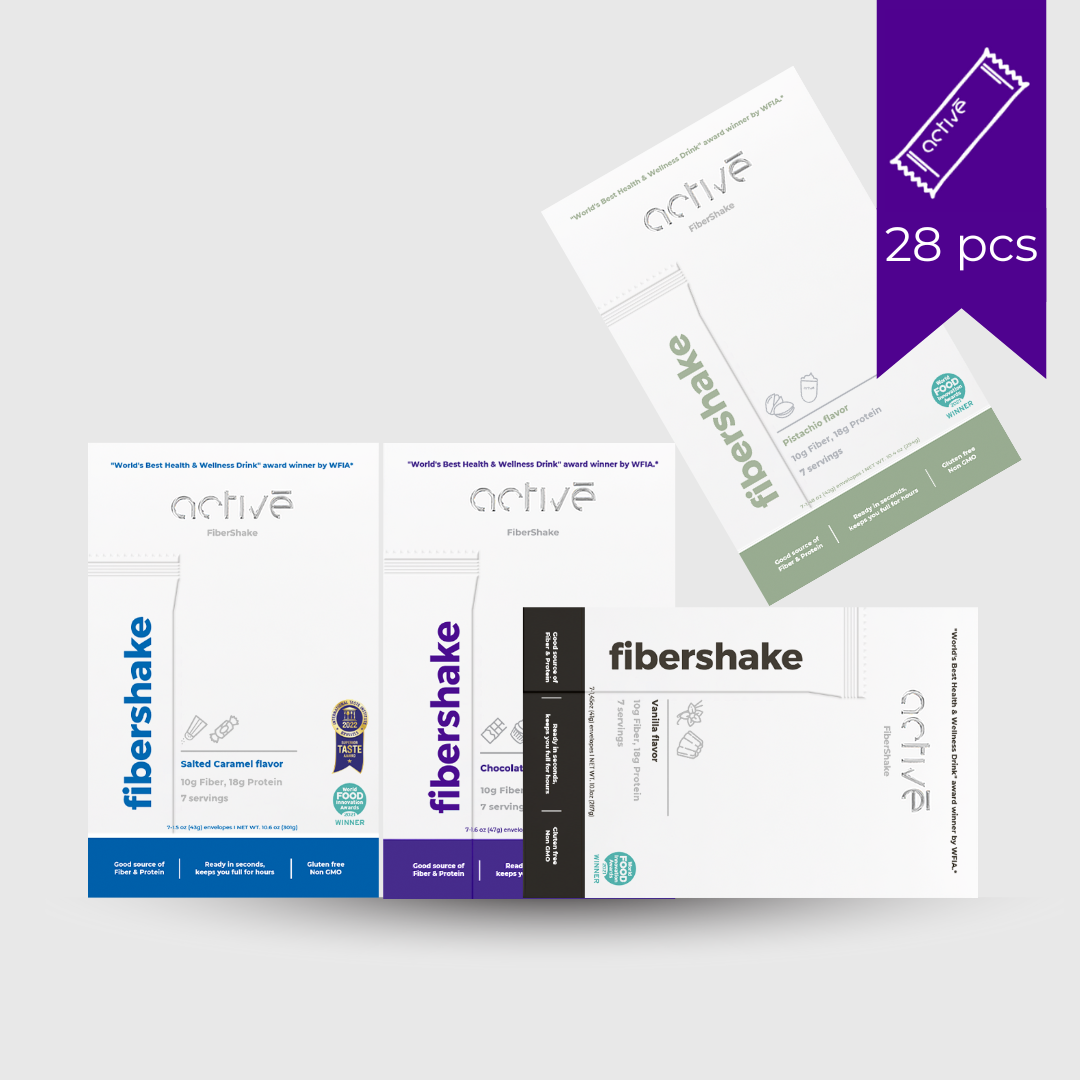The Sweet Debate: Are Artificial Sweeteners Too Good to Be True?
In today’s health-conscious world, we are constantly reminded of the dangers of excessive sugar consumption. It’s linked to obesity, diabetes, and other metabolic disorders, making sugar reduction a priority for many. But is cutting sugar entirely the answer? And are artificial sweeteners truly a healthier substitute?
The Case Against Sugar
While sugar isn’t inherently bad, excessive intake leads to serious health issues. Natural sugars found in fruits, vegetables, and dairy are fine in moderation, especially when combined with fiber, protein, and healthy fats to slow absorption.
However, consuming too much sugar can contribute to:
-
Insulin resistance
-
Excess visceral fat
-
A decline in insulin production over time

The solution? Instead of eliminating sugar entirely, focus on moderation and choosing natural, unprocessed sources.
The Promise of Artificial Sweeteners
Artificial sweeteners like aspartame, saccharin, sucralose, and acesulfame-K promise the taste of sweetness without the calories or blood sugar spikes. They’re commonly used by:
-
People with diabetes or insulin resistance
-
Fitness enthusiasts
-
Those looking to reduce sugar intake
But while they offer a sugar-free alternative, are they truly beneficial?
The Hidden Risks of Artificial Sweeteners
Recent research raises concerns about artificial sweeteners and their impact on health:
-
Insulin Sensitivity: Long-term use may reduce the body’s ability to regulate blood sugar effectively.
-
Weight Management Issues: Studies show mixed results, with some indicating no clear advantage over sugar in weight control.
-
Gut Health Disruption: Artificial sweeteners may negatively impact gut bacteria, leading to metabolic and digestive problems.

The Gut Microbiome Connection
Your gut microbiome—home to trillions of bacteria—plays a crucial role in digestion, immunity, and even mood regulation. An imbalance can contribute to inflammation, autoimmune diseases, and impaired metabolism.
Artificial sweeteners may disrupt this balance by:
-
Altering bacterial composition
-
Interfering with microbial communication
-
Reducing glucose tolerance

What About Sugar Alcohols?
Sugar alcohols like xylitol, erythritol, and sorbitol are often marketed as natural sugar substitutes. While generally safer than artificial sweeteners, they still have drawbacks:
-
Digestive issues: Some can cause bloating or diarrhea.
-
Gut microbiome impact: Certain sugar alcohols may still alter gut bacteria, though erythritol is considered a safer option.

Finding a Balanced Sweetener Strategy
Instead of relying on artificial sweeteners, consider these healthier alternatives:
✅ Use in moderation: Rotate sweeteners to minimize long-term effects.
✅ Choose natural options: Fruits, honey, and unsweetened dairy provide a better alternative.
✅ Support gut health: Prioritize prebiotic fiber and balanced nutrition.
The activé FiberShake Difference
At activé FiberShake, we prioritize gut-friendly ingredients. That’s why our shakes are naturally sweetened with erythritol and stevia—offering a delicious taste without artificial additives or digestive discomfort.
 `
`
Expert Insight: Soltész Erzsébet
This article is inspired by dietitian Soltész Erzsébet, an expert in metabolism and gut health. With years of experience helping people manage carbohydrate metabolism disorders like diabetes and insulin resistance, Erzsébet provides science-backed advice for healthier choices.
Take Charge of Your Health
Looking for a sweet yet healthy option? Activé FiberShake is fiber-packed, naturally sweetened, and designed to support your gut and overall wellness.
🔥 Labor Day Sale: Save up to 30% OFF for a limited time! Don’t miss your chance to stock up and feel your best all season long.
👉 Click here to enjoy up to 30% OFF in our Labor Day Sale!




